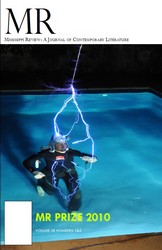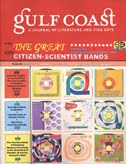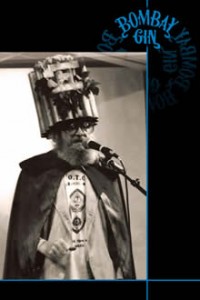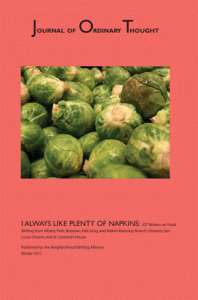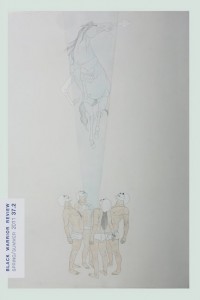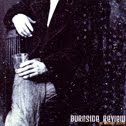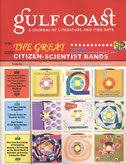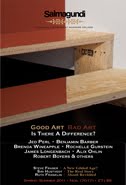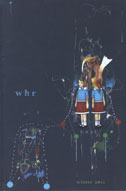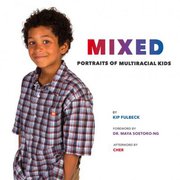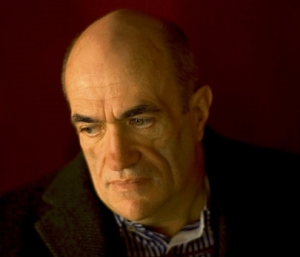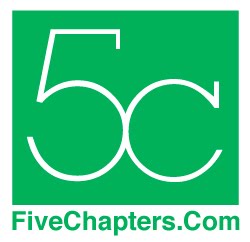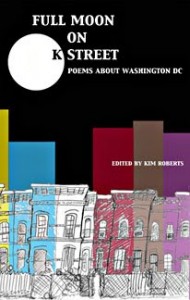 Each spring Tamaas, a cross-cultural arts organizaion, hosts a week-long poetry translation workshop at Reid Hall, the home to Columbia University’s Paris study abroad program. Poets of different nationalites and generations, based or sojourning in Paris, are invited by Tamaas to work in pairs with other poets to translate each other’s work.
Each spring Tamaas, a cross-cultural arts organizaion, hosts a week-long poetry translation workshop at Reid Hall, the home to Columbia University’s Paris study abroad program. Poets of different nationalites and generations, based or sojourning in Paris, are invited by Tamaas to work in pairs with other poets to translate each other’s work.
This poet-to-poet exchange of approaches to translation is a distinctive feature of this cross-cultural workshop, and draws upon participants’ capacities as writers to handle the challenges of rendering poetry in another language. Students and the general public are welcome to attend the closing night reading of translations-in-progress. The fruits of this workshop are published annually, as the volume entitled READ through 1913 Press.
The 7th Annual Tamaas READ Translation Seminar will take place June 21-25, 2011. The public reading will be June 25th at 19h Reid Hall, 4, rue de Chevreuse 75006.
The 2011 Participants include: Oscarine Bosquet, Norma Cole, Jean Daive, Sandra Doller, Ben Doller, Jérôme Game, Liliane Giraudon, Michelle Noteboom, Michael Palmer, and Cole Swensen.

